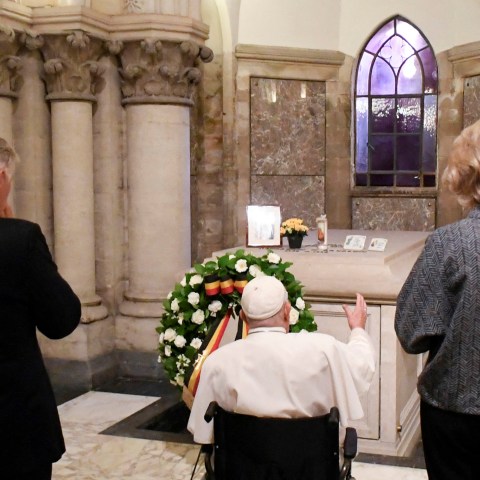Jesus uses two images in today's Gospel to explain to us how the kingdom of God works: littleness and hiddenness. Put like this, he may seem to be simply praising two virtues that are rare in today's world, something reserved for a select few who are able to live this way.
However, Jesus explains well what existential implications such images have:
To explain littleness Jesus tells us about the reliability of a tree that doesn’t immediately establish itself as a place that offers shelter, but has the patience to grow a little at a time. Only when we have the patience to nurture the things that matter can we become shelter. A relationship, for example, is nurtured by little things. Over time those little things make the relationship stable, reliable.
If an institution makes revolutionary changes too quickly, it’s doomed to fail in a short time, but if it has the patience to implement slow but radical changes, then it can turn the whole situation upside down and become a help. Littleness, therefore, is the renunciation of flashy appearances in favor of valuing the gradualness of everyday things.
The second image is that of hiddenness:
Too often we think that hiddenness consists in concealment, but it means something else. It implies understanding that what ferments all the dough of life is a force that acts in the most hidden part of us and of reality. For example, if you have a great desire in your heart, this desire ferments your whole life. If you have a great passion in your heart, this passion motivates all your choices. Others cannot see your desire and passion, but they can see the consequences they produce.
The question is, what is in the most hidden part of us?

~
Father Luigi Maria Epicoco is a priest of the Aquila Diocese and teaches Philosophy at the Pontifical Lateran University and at the ISSR ‘Fides et ratio,’ Aquila. He dedicates himself to preaching, especially for the formation of laity and religious, giving conferences, retreats and days of recollection. He has authored numerous books and articles. Since 2021, he has served as the Ecclesiastical Assistant in the Vatican Dicastery for Communication and columnist for the Vatican’s daily newspaper L’Osservatore Romano.








